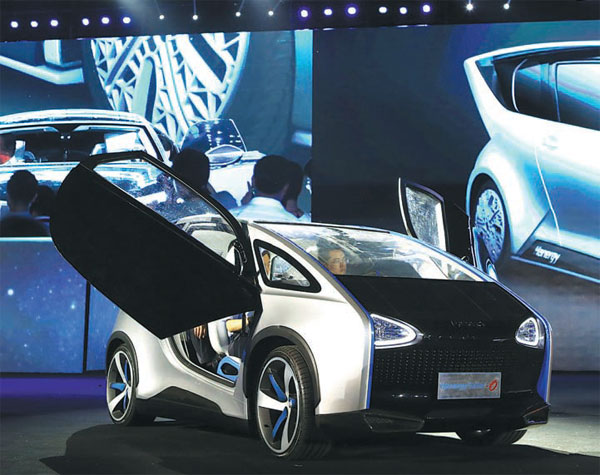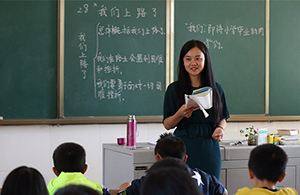Deserved punishments for automakers that cheated to obtain govt subsidies
(China Daily) Updated: 2016-09-12 07:55
 |
|
New energy vehicles will set a new ground in China's auto market in the next few years. Provided to China Daily |
AFTER AN INVESTIGATION of 90 manufacturers starting earlier this year, the Ministry of Finance disclosed the names of five automakers on Thursday, which it said had defrauded the central government of the new energy vehicle subsidies it provides. Changjiang Daily commented on Saturday:
It is the first time that China has imposed harsh punishments, ranging from severe fines to disqualification from auto industry, on the producers of new energy vehicles.
The five auto companies, which illegally obtained 1.01 billion yuan ($150 million) in subsidies in 2015, claimed to have sold 3,547 vehicles that proved to be actually either unfinished or unsold.
The punishments for the five lawbreakers should be a wake-up call to all Chinese automakers that they will have to meet the requirements to receive the subsidies and any who try to cheat will be punished.
In fact, many countries besides China subsidize emerging high-tech industries to expedite relevant research and help them survive in their early days.
Of course, that does not mean the governments' financial support is unnecessary or interfering with the market-based competition. The successful promotion of new technologies cannot be finished in a day, hence government subsidies are used to encourage enterprises to continue their research and help them overcome teething problems. As they develop the subsidies and support are reduced and eventually they are cut loose to let the market have a decisive say. In the case of China's subsidies and policy support for new energy vehicles these are due to end by 2020.
Therefore, what these new energy vehicle producers should do is to strengthen their efforts to secure a place in the auto market, and not rely on government subsidies. Staying in the "comfort zone" of government support will not help them survive in the long run, the market is bound to eliminate those who lag behind.












